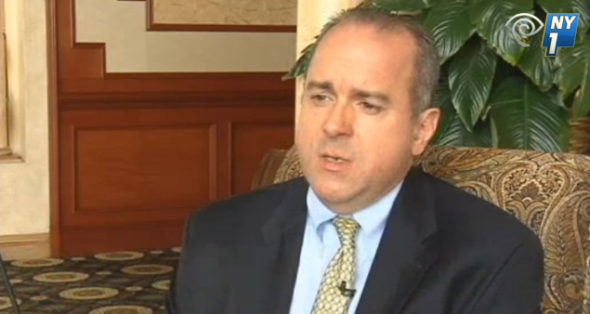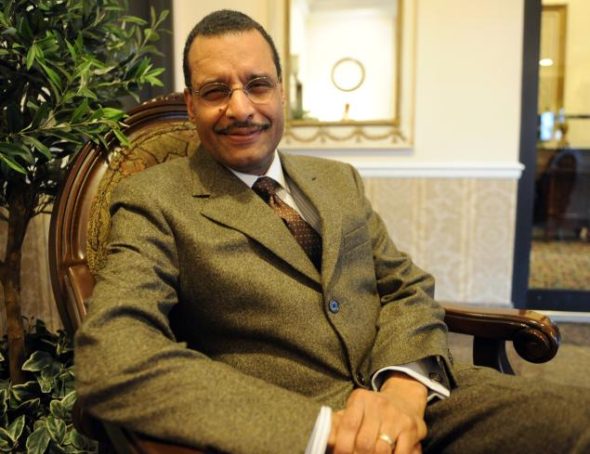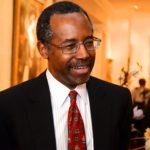Choosing the Challenging Road to Reconciliation
Weekly Editorial — Posted on January 22, 2015

NYC Sergeants Benevolent Association President Edward Mullins
(by Ben Carson, The Washington Times) – A few days ago, I had the pleasure of sitting down with Edward Mullins, president of the Sergeants Benevolent Association of the New York Police Department, to discuss potential ways to improve community-police relationships. He has been working with outstanding community leaders such as Pastor A.R. Bernard, and they sincerely want to achieve a highly successful outcome to a problem of trust that has spread throughout the nation.

NYC Pastor A.R. Bernard
One of their proposals involves the establishment of police-sponsored athletic leagues throughout the city. There would be friendly competition between the teams, which would be composed of community residents and police. This would, of course, allow both sides to get a chance to know each other and form a relationship that is not adversarial.
Most of human societal progress is accomplished through relationships. People who are traditional adversaries can rapidly become friends when they work together, get to know each other and develop positive relationships. This opens the doors to communication, and people tend to give each other the benefit of the doubt when they know them. On the other hand, when communication breaks down, as it frequently does before divorce, the two previously friendly partners often become bitter enemies.
I have no doubt that solutions like this one and others proposed by Mullins would be very helpful not only in New York City, but also across the nation. Unfortunately, there are those in our society who will continue to endeavor to stir up strife and fuel hatred. These individuals wish to create dissatisfaction in almost all areas of American life. Thus, we have a war on women, age wars, income wars, race wars and religious wars. If it appears that our society is falling apart at the seams, it creates more fertile ground for a fundamental change. This divide-and-conquer strategy has proved effective for many groups wishing to topple a prevailing culture over the years. It also will be effective in creating chaos and anarchy in our society if we do not begin to more carefully analyze and control our emotional reactions.
If, like Mullins and Bernard, we are willing to sit down and rationally discuss solutions to our differences, we can build a bond of unity that would be stronger than the inevitable conflicts that accompany life in a complex society. Yes, it does require conviction, effort and even some humility to be willing to make oneself vulnerable enough to invest in a relationship with someone previously unknown. The alternative of continued and worsening hatred and violence makes such a risk extremely worthwhile for all parties involved.
We the American people are not enemies, and we certainly do not need to continue to try to tear one another down, especially when groups like the Islamic State are trying to destroy us. Our fractured relationships simply make their job easier. We must be able to look ahead and see the big picture of strength that results from a united front and peace that is derived through cultivating friendships.

Dr. Ben Carson
Ben S. Carson is professor emeritus of neurosurgery at Johns Hopkins University and author of the new book “One Nation: What We Can All Do To Save America’s Future” (Sentinel).
Published January 21, 2015 at The Washington Times. Reprinted here January 22, 2015 for educational purposes only. May not be reproduced on other websites without permission from Dr. Ben Carson.
Questions
1. The purpose of an editorial/commentary is to explain, persuade, warn, criticize, entertain, praise or answer. What do you think is the purpose of Dr. Ben Carson’s editorial? Explain your answer.
2. Tone is the attitude a writer takes towards his subject: the tone can be serious, humorous, sarcastic, ironic, inspiring, solemn, objective, cynical, optimistic, critical, enthusiastic…etc.
Which word do you think best describes the tone of the commentary? Explain your answer.
3. What inspires you most about Dr. Carson’s commentary?
